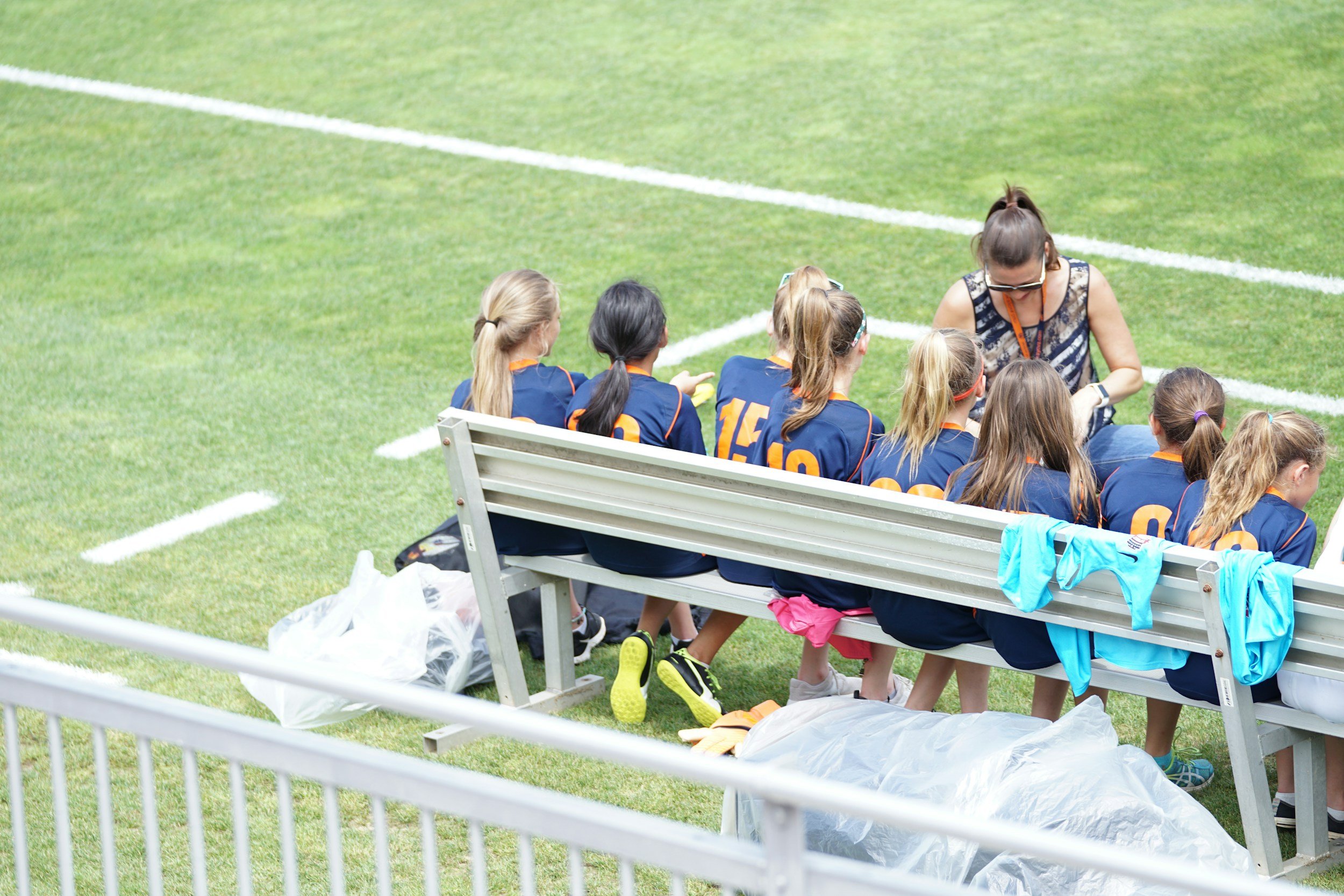Respect the Game: A Parent’s Role in Youth Sports
“If the coach had put my child in, we would have won.”
It’s a sentiment we hear at almost every youth sporting event. Why has this mindset become so common? It comes down to expectations—and often, the expectations parents have for their children don’t align with what the child or coach expects. This mismatch in expectations leads to sideline coaching and disrespectful behavior, as well as frustrated parents, coaches, and officials.
We must remember: Let the kids be kids, let the coaches coach, and let the officials officiate. This is essential for the enjoyment and survival of youth sports. Without this, we risk driving coaches and officials away, leading to fewer opportunities and higher costs for everyone. Here are ways parents can positively contribute to youth sports—and keep the fun alive.
1. Attend Team Meetings: Build Relationships Early
The first team meeting is a vital moment. It sets the stage for the season by aligning expectations between parents, coaches, and players. Make it a priority to attend.
During these meetings:
Introduce yourself to the coaching staff.
Ask about your child’s role, safety protocols, and team expectations.
Offer your help—volunteering can provide insight into what it takes to manage a team.
If expectations aren’t clear, follow up with the coach for clarity. Building strong relationships from the start fosters a more positive experience for everyone.
2. Model the Behavior You Want Your Child to Follow
As adults, our behavior directly influences our children’s experience. Yelling at officials, criticizing coaches, or coaching from the sidelines embarrasses kids and disrupts the game. No child wants to be labeled because of their parent’s behavior, and no team thrives under that pressure.
Set a positive example:
Show respect to coaches, officials, and other parents.
Use car rides home to teach lessons about overcoming adversity.
Demonstrate good sportsmanship and encourage your child to do the same.
What you model will reflect on your child—and eventually, on the entire team and community.
3. Communication is Key: Support Coaches, Don’t Undermine Them
Many issues between parents and coaches stem from poor communication. Some parents try to direct from the stands or gather groups to criticize the coach. If you know so much, why not volunteer to coach instead of causing friction?
Constructive communication is essential:
Coaches should create opportunities for parents to share concerns constructively.
If you have feedback or questions, email the coach rather than confronting them after practice.
Remember, youth coaches are not experts—they're gaining experience too. Positive feedback helps them grow.
Coaches and parents must work together to create a supportive environment for athletes to succeed.
4. Teach Respect: It Starts at Home
If your child disrespects a coach, how can you expect them to stay in the game? Respect is fundamental, and it starts with parents teaching these values at home.
Respect applies to coaches, teammates, and opponents:
Just like disrespecting a teacher has consequences, disrespect on the field will result in reduced playing time or discipline.
Help your child understand that respect builds trust, both on and off the field.
If you want your child to succeed in sports and life, start by teaching them respect.
5. Sportsmanship: Winning and Losing with Class
Coaches teach sportsmanship, but it doesn’t stop there. As parents, reinforce that every game—win or lose—should be met with class.
Celebrate with respect: Avoid rubbing wins in opponents' faces, and teach your child to lose gracefully.
Promote positive experiences: Encourage post-game handshakes and kind words between teams.
Good sportsmanship ensures the game stays enjoyable, creating lasting memories and building a sense of community.
Final Thoughts: Keep Youth Sports Fun and Meaningful
Youth sports should be a place where families bond, kids grow, and values are learned. Not every child will go on to earn a scholarship or sign a professional contract—and that’s okay.
Here are a few final takeaways for parents:
Encourage your child to explore multiple sports to find what they love.
Don’t spend thousands of dollars on trainers. Youth sports are about development, not million-dollar contracts.
If your current program isn’t the right fit, find one that aligns with your family’s values.
Let youth sports be fun. When parents, coaches, and players respect the game, we create an environment where kids thrive—and keep coming back for more.
Lead by example, support your coaches, and most importantly, respect the game. Join us in this mission to create a positive sports environment for every athlete.


